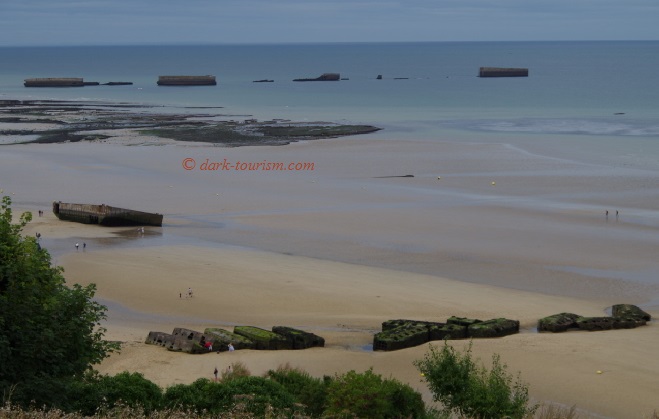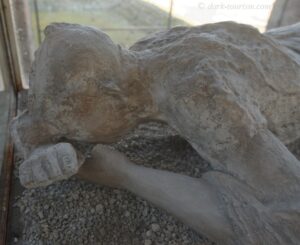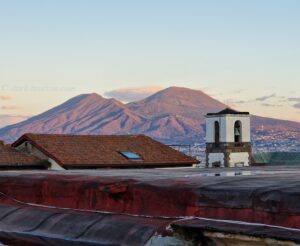On this Day, 76 years ago, on 6 June 1944, the biggest ever amphibious landing operations, popularly known as D-Day, took place in Normandy, France, and gave the Western Allies the foothold they needed to begin the fight against Nazi Germany on the Western Front in WWII. The whole plan was code-named ‘Operation Overlord’.
Beginning here, the Western Allies then slowly pushed back the Nazi occupiers out of France and eventually on into Germany to finally defeat the Third Reich. (While at the same time the Soviet Red Army pushed west, doing their significant bit in the defeat of Germany – let’s not forget that, even on this day!).
Today the D-Day beaches and the hinterland of Normandy where these first battles took place are studded with memorials, war cemeteries, museums as well as remnants of fortifications – especially of the infamous ‘Atlantic Wall’, the defensive line that the Nazis constructed all along the coast from France’s border with Spain up to the Arctic north of Norway.
The photo above was taken at Arromanches, at ‘Gold Beach’, one of the two beaches where British forces landed. Here the Allies constructed a temporary port called a ‘Mulberry harbour’. The objects you see strewn all over the beaches and the shallow waters beyond are remnants of this Mulberry harbour. It served a crucial role in getting supplies and reinforcements ashore, at least until the port city of Cherbourg could be taken, which then took over most of this role.
A bit under four years ago I went to this part of France, namely in September 2016, and went on a guided tour of some of the D-Day beaches and associated sights. This is when this photo was taken. The tour was organized by the Mémorial de Caen … see the earlier post with an allegedly controversial photo of one of that museum’s exhibits (So I’d suggest you do NOT share this particulart poston Facebook! They clearly do not like stories of defeated Nazis!).
Every year since the end of WWII, the D-Day landings have been marked by commemorative ceremonies in Normandy, attended by veterans, whose numbers have been dwindling markedly in recent years. This year, however, due to the coronavirus pandemic, no such grand ceremonies with veterans in attendance will take place. For the first time in 75 years. Only drastically scaled-down small events with representatives from nine countries will be held.
Yet, as has become so common in recent months, there will be online live streaming of these events … I have to wonder whether they will use ‘Zoom’ for this too (probably not) …
See also this article!




